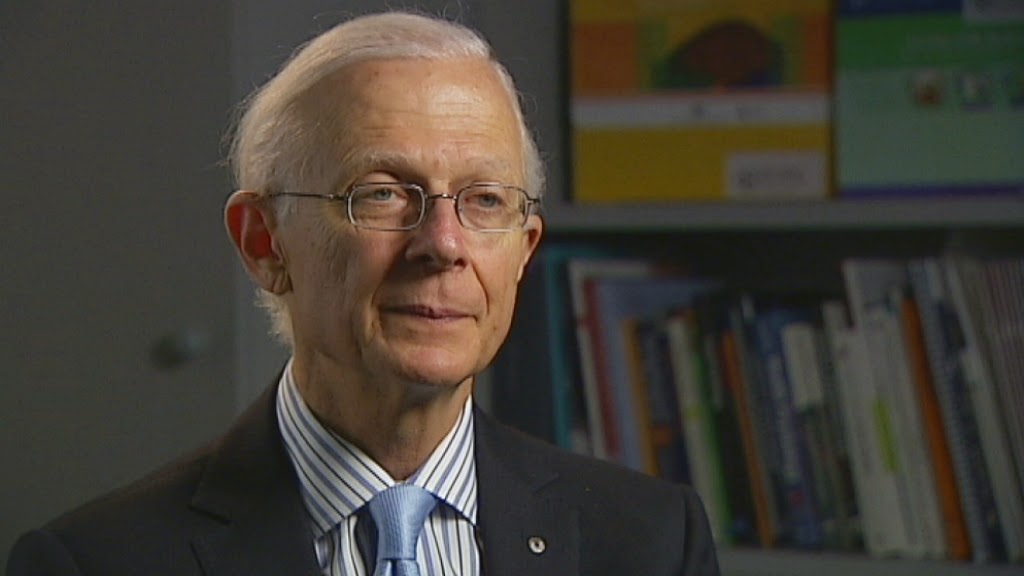Almost a million Australians will have dementia by the middle of the century. Can we hold back the coming 'dementia tsunami'?
Says Professor Henry Brodaty, from the Centre for Healthy Brain and Ageing
Says Professor Henry Brodaty, from the Centre for Healthy Brain and Ageing
“People who are overweight, have type 2 diabetes, high blood pressure are at increased risk... Current smoking is a risk. So these are all things we can do something about.”
 |
| Professor Henry Brodaty |
Meanwhile, Associate Professor Michael Valenzuela, from the Brain & Mind Research Institute suggests cross-training your brain for a healthier life:
“Doing this type of training in a group fashion, in a supervised way, will make you sharper, a little bit more mentally alert and able to handle complex information.”
 |
| Associate Professor Michael Valenzuela |
In an important show tonight, Tracy Bowden will explore the latest developments tonight on ABC TV's '7.30'.
You can follow 7.30 on Twitter here: @abc730
And you can follow Tracy Bowden on Twitter here: @tabowden
And you can follow Tracy Bowden on Twitter here: @tabowden
And, you can catch up on missed episodes and access transcripts at: http://www.abc.net.au/7.30/
Professor Brodaty is such an authority on dementia in Australia - I included him and his philosophies in my book 'The Australian Ageing Generation Handbook'. Read more about that here.
 |
| Brain games! |

The importance of Alzheimer's awareness can't be stressed enough, especially since it's been afflicting poor people not just like an epidemic, but that of a stage in life. We should do all we can to prepare for it, and learn all we can to still dream of a remedy. For now, all we can do is figure out how we'll end up cradling our loved ones who are more likely to be hit by such a disease. Thanks for sharing that!
ReplyDeleteMichelle Simmons @ Comfort Keepers
It's true what they say: a person’s diet plays a very important part of one’s health. What we eat today will affect us when we grow older. When we don't eat properly, it may lead to health conditions that may increase the likelihood of Alzheimer's. It's a relief that we have caregivers who help victims get through with life, but it’s always best to prevent it from happening in the first place.
ReplyDeleteWalton Baylor @ Home Watch Caregivers